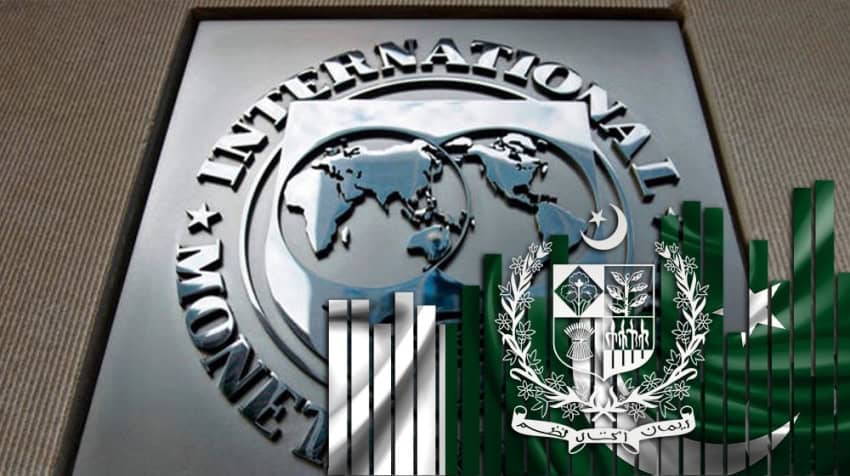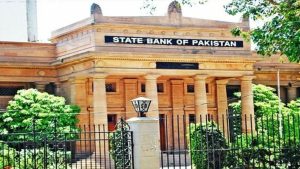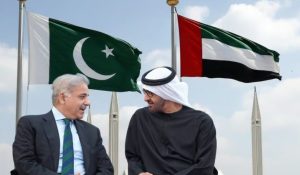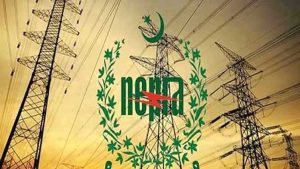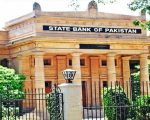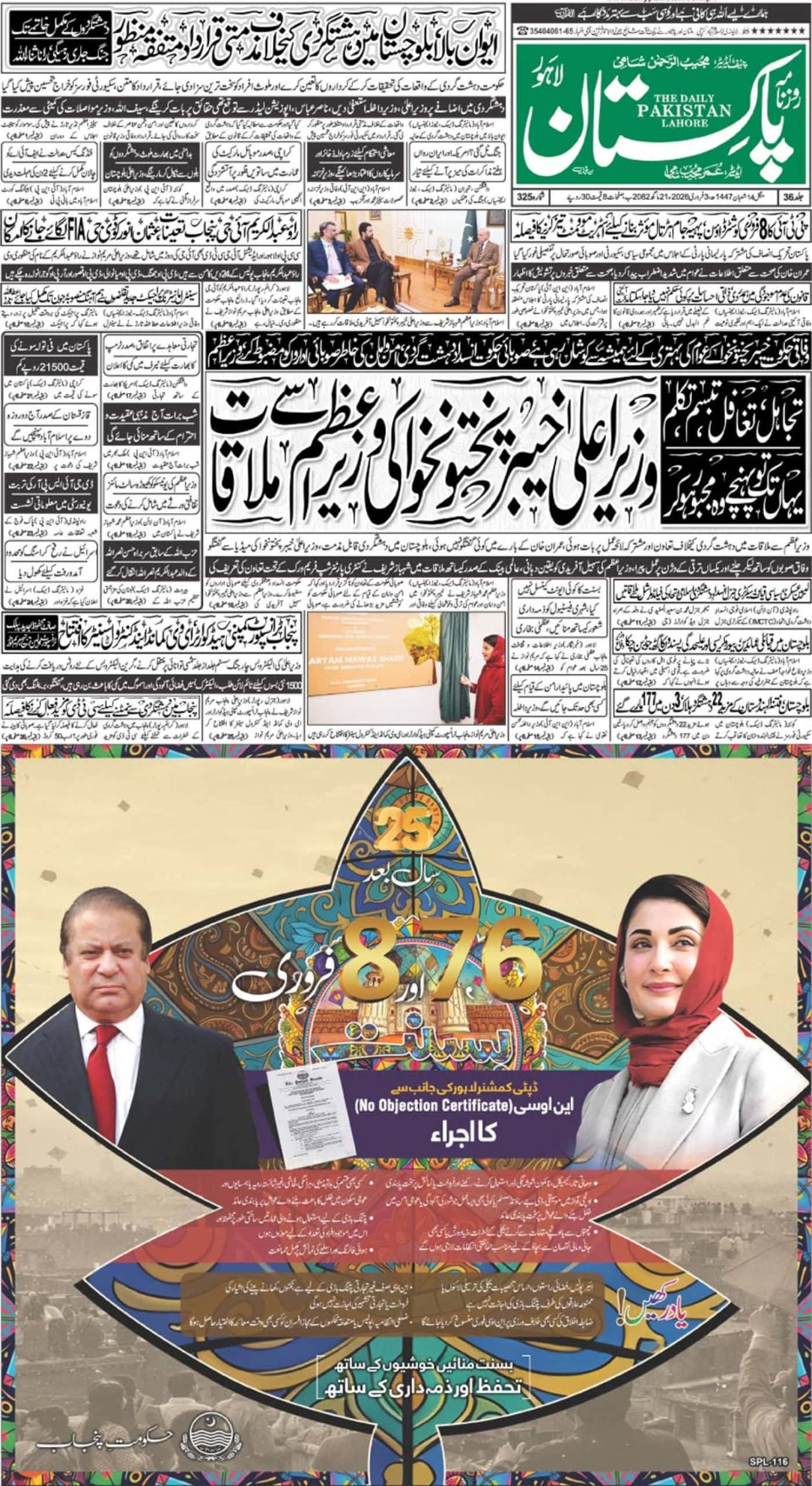As Pakistan is still waiting for the approval of a staff-level agreement for a $7 billion, 37-month loan program with the International Monetary Fund (IMF), which includes tough measures such as raising taxes to address the country’s economic crisis, However, authorities need to curtail evaded money rather than impose more taxes on common people. A significant portion of this money is lost due to illicit trade and untaxed sectors in the country.
Experts have urged the government to take stern measures to tackle critical economic challenges, including the rampant increase in smuggling and illicit trade. This pervasive problem, especially in major sectors, not only robs the country of essential revenue but also jeopardizes public health and safety, necessitating urgent and decisive action from authorities.
Federal Finance Minister Muhammad Aurangzeb has stated that if the tax rate is not increased, this will not be Pakistan’s last program with the IMF. He emphasized that Pakistan would continue to rely on the IMF to cover its external deficit.
However, Recent reports indicate that illicit trade and smuggling cost Pakistan over 2 trillion rupees annually, equivalent to $7 billion, with significant losses stemming from major sectors such as real estate, pharmaceuticals, tobacco, tires and lubricants, and tea.
A renowned global research firm revealed in its study that the real estate sector accounts for an annual tax evasion of Rs 500 billion, while the illicit tobacco sector accounts for Rs 310 billion. Tax evasion in the tires and lubricants sector stands at Rs 106 billion, and the pharmaceutical industry records losses of Rs 65 billion annually. The tea sector also suffers an annual tax loss of Rs 45 billion. Similarly, smuggling via the Afghan Transit Trade (ATT) alone could result in a loss of at least Rs 1,000 billion in import-related tax revenue for the national exchequer.
“The government’s economic team is focusing solely on increasing the tax ratio by raising the tax rate without preparing a strategy to prevent tax evasion, which costs trillions of rupees across various sectors,” said Osama Siddiqui, a macroeconomic analyst.
He added that if the government is serious about lifting Pakistan’s economy out of the mire of debt, it is necessary to control tax evasion and smuggling in the country with the help of technology. Overcoming loopholes in countermeasures and ensuring laws and policies are implemented across the board through effective monitoring and enforcement are essential for success.

